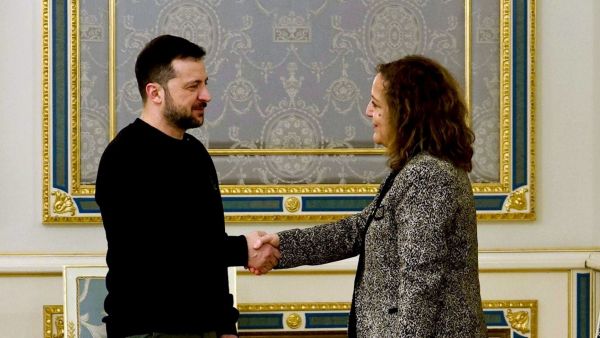The S&D Group today backed a report focused on tackling radicalisation and recruitment of young Europeans by extremist groups. S&D MEPs also criticised the simplistic security dominated approach pushed by right wing groups in the last few weeks.
Birgit Sippel, S&D Spokesperson for Civil Liberties, Justice and Home Affairs, said:
"Since 2012 more than 4,000 young Europeans have gone to fight for Daesh in Syria. The majority of the terrorists involved in the attacks in Paris - as they were in London in 2005 and earlier this year in Copenhagen - were born and raised in Europe. While the EPP wanted to combine this report with question about external borders or PNR, we felt it was vital that it focused solely on its stated aim - how to prevent the radicalisation and recruitment of young Europeans by terrorist organisations.
"As much as we would like there to be easy answers to the threat of terror, there are not. The rhetoric of other political groups - that closing our borders or providing unlimited surveillance would somehow end the threat are patently false. Yes, we need to enhance security in the face of new threats, make full use of the measures we have available and ensure information is shared between law enforcement agencies on a permanent basis. However more importantly we must deal with the uncomfortable question of why an increasing number of young Europeans are being drawn towards extremism. As Social Democrats we must lead the fight against the marginalisation, social exclusion and inequality that extremist recruiters feed on."
Ana Gomes, S&D co-ordinator for the report, said:
"This report makes clear that we can and must take practical steps to disrupt and break the link between those pushing extremist and violent ideologies and the young Europeans they mostly target. We are calling on the competent authorities to ensure that websites that incite hatred are monitored far more closely. In prisons we need to exchange best practices about how to tackle radicalisation and we need educational programmes that promote pluralism, critical thinking and provide assistance to vulnerable people.
"A solely top down security dominated approach will not work - we need the trust and support of communities if we are going to win the ideological war against extremists. We need to empower moderates to fight the narrative coming from extremist preachers or online jihadists and need to do more to support families or communities worried about radicalisation of friends or family. Of course this must go hand-in-hand with the wider fight against extremism around the world - however we need to win the argument first and foremost in our own communities."









